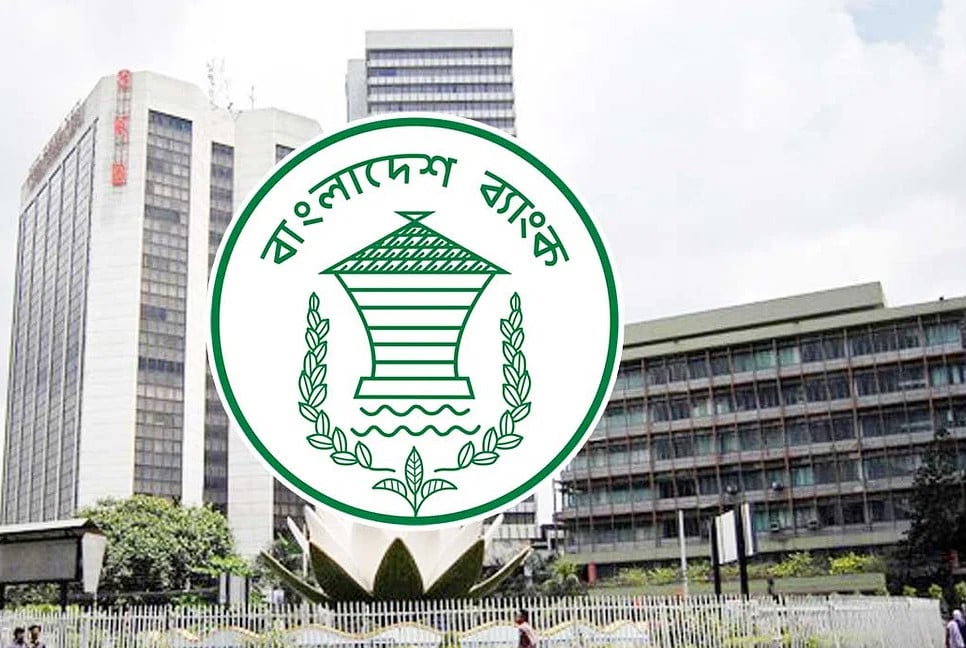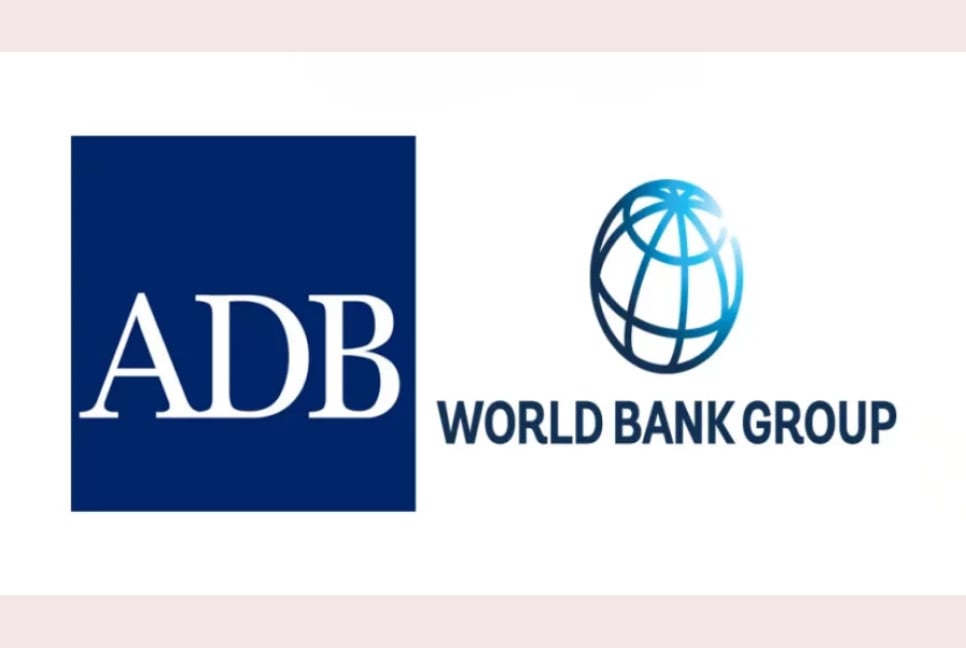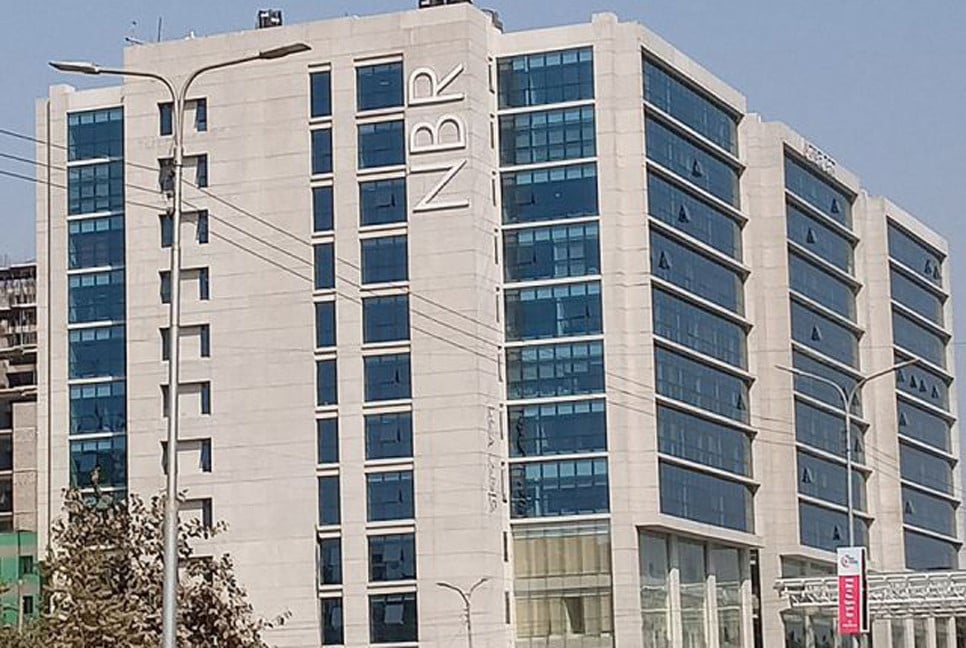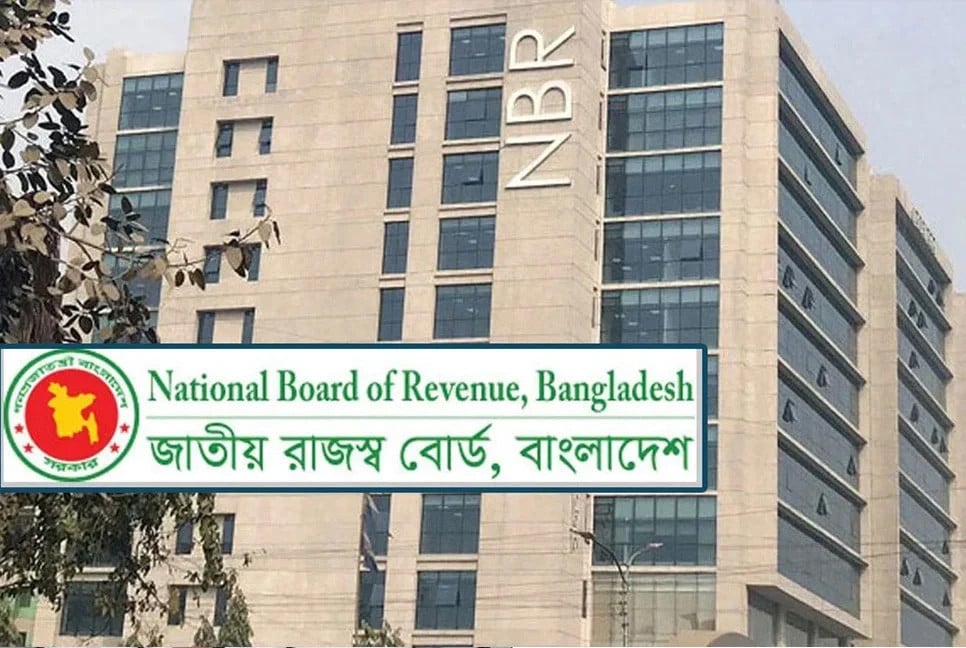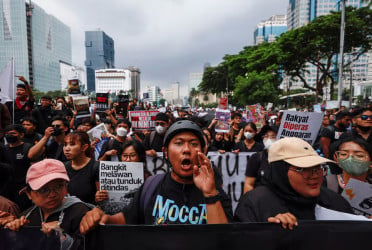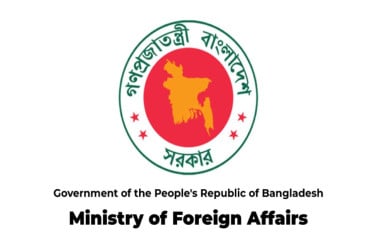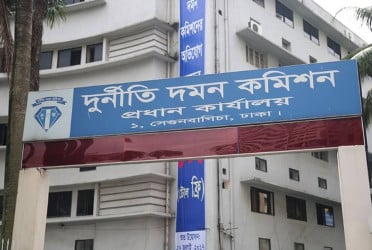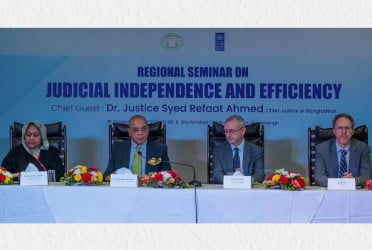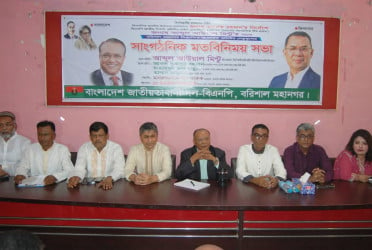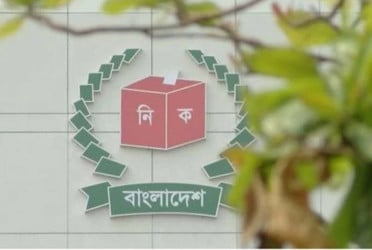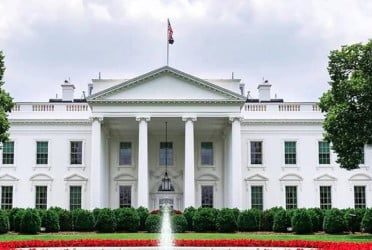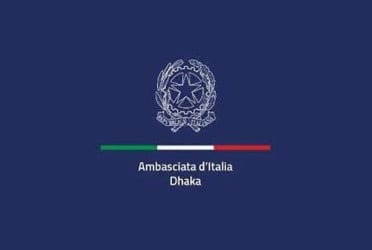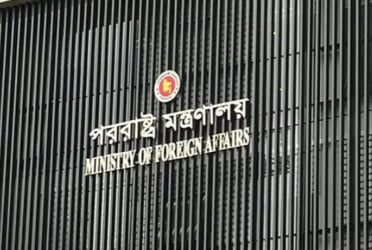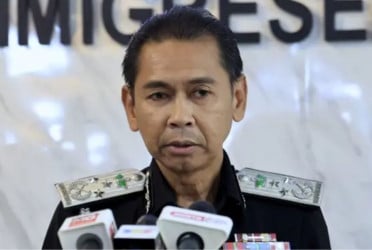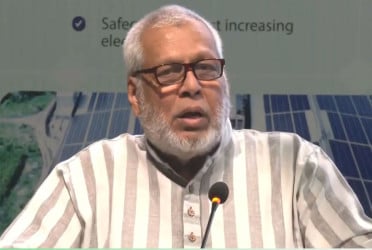Bangladesh Bank (BB) has introduced a strategy to offer liquidity support to struggling private banks without resorting to money printing.
Bangladesh Bank plans to withdraw excess liquidity from the interbank currency market by issuing its own bills, redirecting the funds to support weaker banks.
Bangladesh Bank spokesperson and Executive Director Husne Ara Shikha announced that Wednesday's auction of Bangladesh Bank bills raised Tk452.60 crore from 11 participating banks, out of total bids amounting to Tk1,524.60 crore. The bills were offered with maturities of 7, 14, and 30 days, and the central bank has now introduced 90-day and 180-day options to strengthen market operations.
A Bangladesh Bank official reported that Governor Dr. Ahsan H. Mansur held a meeting on Tuesday with the chairpersons and managing directors of several banks to evaluate the financial support required to address their liquidity challenges.
Subsequently, the governor conducted individual meetings with the leadership of each bank to detail the level of assistance they would receive.
Struggling banks have collectively sought Tk70,000 crore in financial support. To address this demand without fueling inflation, Bangladesh Bank plans to raise funds by issuing bills and bonds to absorb excess market liquidity.
On Monday, Bangladesh Bank extended Tk18,500 crore in liquidity support to five struggling banks, followed by an additional Tk2,500 crore provided to two more banks on Tuesday. Among the recipients, First Security Islami Bank (FSIBL) received Tk7,900 crore, National Bank Tk7,500 crore, while the remaining five banks collectively secured nearly Tk6,000 crore.
Dr. Ahsan H. Mansur stressed that printing money to support banks is no longer a viable option due to the risk of economic instability. Instead, the central bank is prioritizing the withdrawal of excess market funds to curb inflation and provide sustainable assistance to struggling banks.
To tackle short-term funding challenges, the central bank has disbursed Tk6,850 crore in liquidity support through its credit guarantee scheme.
Despite securing loans backed by guarantees from Bangladesh Bank, several struggling banks continue to grapple with recovery challenges, leading to significant distress for depositors. Many of these banks are unable to honor customer withdrawals, even for modest amounts.
The assistance process has been slow and ineffective, offering little improvement to the financial stability of these struggling banks.
To tackle this issue, Bangladesh Bank intends to offer further support to liquidity-strapped private banks by issuing central bank bills. The funds will be withdrawn from the interbank currency market through bills with 180-day maturities.
Among the banks with dissolved boards, First Security Islami Bank, Union Bank, Global Islami Bank, Social Islami Bank, National Bank, EXIM Bank, and Islami Bank Bangladesh are experiencing the most severe liquidity crises. As a result, customers at these institutions are unable to access their funds from branches or ATMs as needed.
BB officials have acknowledged that liquidity challenges persist for many struggling banks, partly due to irregularities and corruption that affected these institutions prior to the dissolution of their boards. The central bank plans to accelerate reforms and improve the effectiveness of support measures to restore depositor confidence.
Since taking office, Governor Mansur has dissolved the boards of 11 private banks to tackle governance issues. The central bank has moved away from the previous practice of printing money for liquidity support, a strategy that had been criticized for contributing to inflation and destabilizing the economy.
By utilizing market-based tools such as Bangladesh Bank bills, the central bank seeks to offer targeted support to struggling banks while preserving monetary discipline.
BD-Pratidin English/Mazdud

